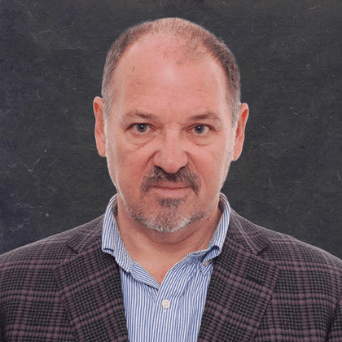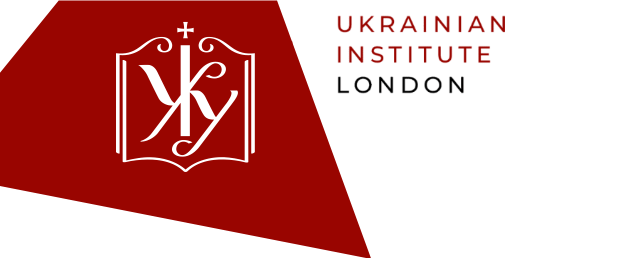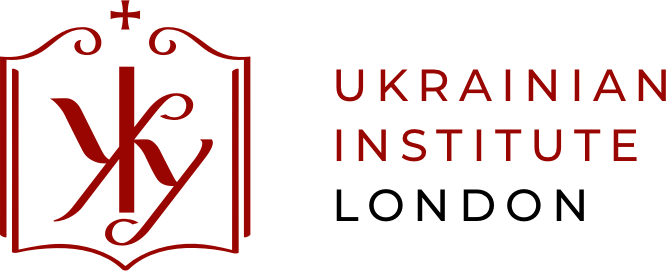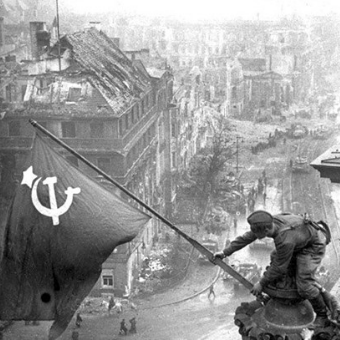Speaker
Serhii Plokhy
Serhii Plokhy is the Mykhailo Hrushevsky Professor of Ukrainian History at Harvard University. A leading authority on Eastern Europe, who has published extensively in English, Ukrainian and Russian, he has lived and taught in Ukraine, Canada and the United States. His recent books include The Gates of Europe: A History of Ukraine (2015), The Last Empire: The Final Days of the Soviet Union (2015), The Cossack Myth: History and Nationhood in the Age of Empires (2012) and Yalta: The Price of Peace Viking/Penguin (2010; 2011).
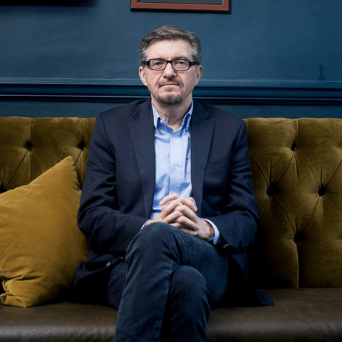
Speaker
Brendan Simms
Brendan Simms is Professor in the History of International Relations at the University of Cambridge, Director of the Forum on Geopolitics at the University of Cambridge, and President of the Henry Jackson Society. He is the author of ‘Europe. The Struggle for Supremacy, 1453 to the Present’ (London, 2013), ‘Britain’s Europe. A Thousand Years of Conflict and Cooperation’ (London, 2016), and ‘Hitler. Only the World Was Enough‘ (London, 2019).
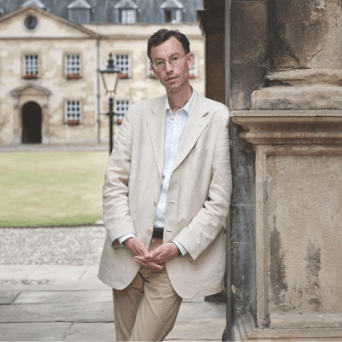
Speaker
Krzystof Czyżewski
Krzystof Czyżewski is a practitioner of ideas, writer, philosopher, culture animator, theatre director, editor. Co-founder and president of the Borderland Foundation (1990) and director of the Centre “Borderland of Arts, Cultures and Nations” in Sejny. Together with his team, in Krasnogruda on the Polish-Lithuanian border, he revitalized a manor house and initiated there an International Center for Dialog (2011). Among his books are: Trust & Identity: A Handbook of Dialog (2011), A Small Center of the World. Notes of the Practitioner of Ides (2017, Tischner Award for the best essayist book of the year), and Towar Xenopolis (2019). Teacher and lecturer, a visiting professor of Rutgers University and the University of Bologna. He received the title of Ambassador of European Year of Intercultural Dialog (Brussels).

Speaker
Nataliia Popovych is an entrepreneur, international communications expert and civic activist. She is the Co-Founder of Ukraine Crisis Media Center (UCMC), Head of the International Programming Board, Centre Anne de Kyiv and Founder of One Philosophy. After the Revolution of Dignity, Nataliya has been at the forefront of Ukraine’s efforts to counter Russian hybrid warfare and cofounded the Ukraine Crisis Media Center. In 2014-2016 Nataliia served in the capacity of an advisor on information policy to the Chief of the President’s Administration. In 2017-2018, Nataliia helped launch two new units of UCMC - the Hybrid Warfare Analytical Group (HWAG) and UChoose.info. She is a member of the senate of the Ukrainian Catholic University and one of the co-founders of the Ukrainian Academies of Leadership.
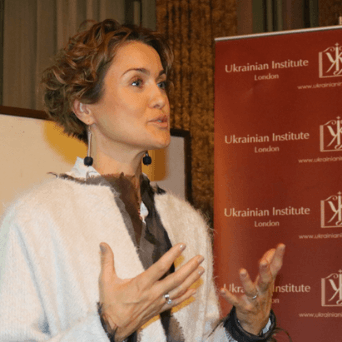
Moderator
Adrian Karatnycky
Adrian Karatnycky is a member of the Board of Directors of the Ukrainian Jewish Encounter Initiative. He is a Senior Fellow at the Atlantic Council in the U.S. and director of its Ukraine-North America Dialogue. From 1993 until 2003, he was President of Freedom House, during which time he developed programs of assistance to democratic and human rights movements in Belarus, Serbia, Russia, and Ukraine and devised a range of long-term comparative analytic surveys of democracy and political reform. For twelve years he directed the Freedom in the World survey and was co-editor of the annual Nations in Transit study of reform in the post-Communist world. He is a frequent contributor to Foreign Affairs, Newsweek, the Washington Post, and many other periodicals. He is the co-author of three books on Soviet and post-Soviet themes.
